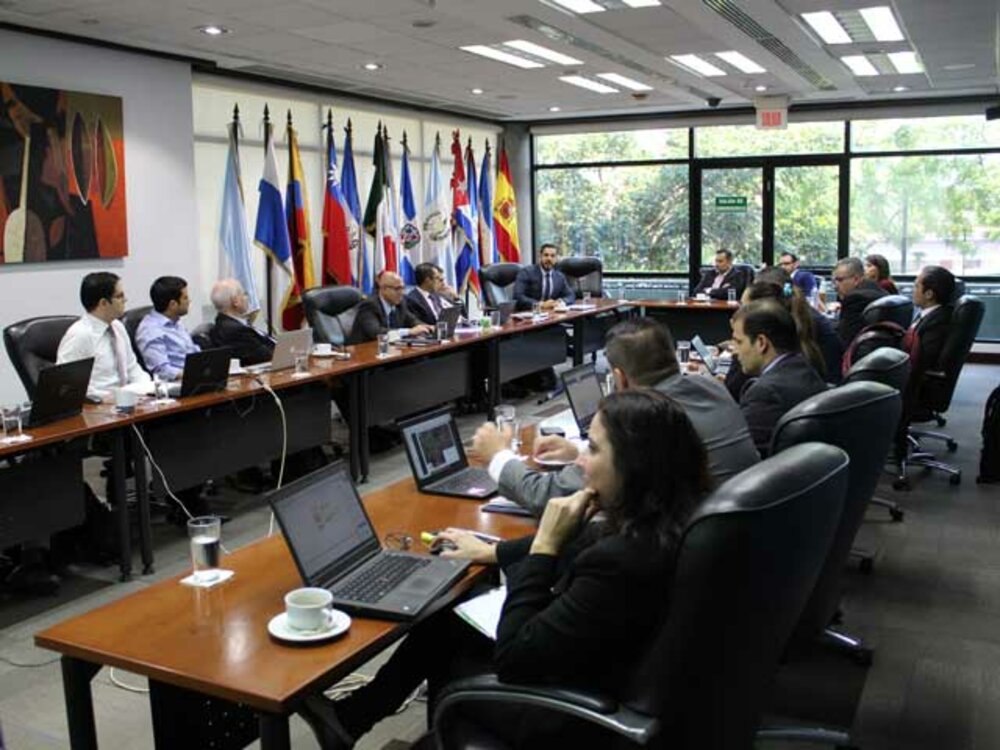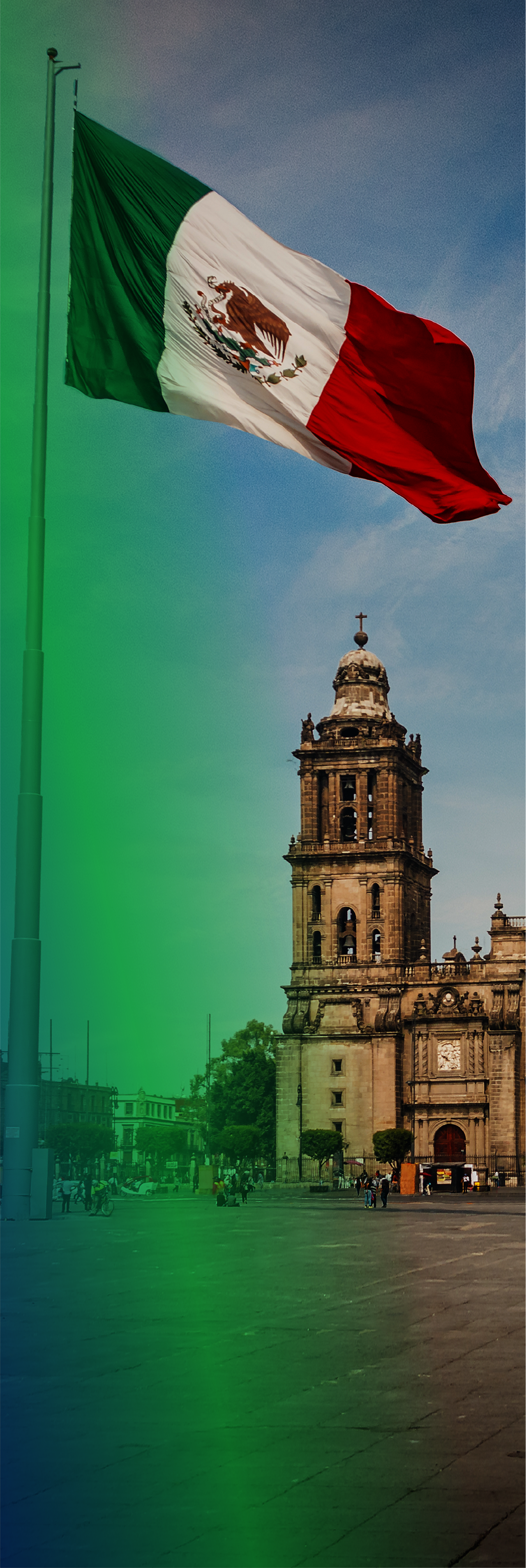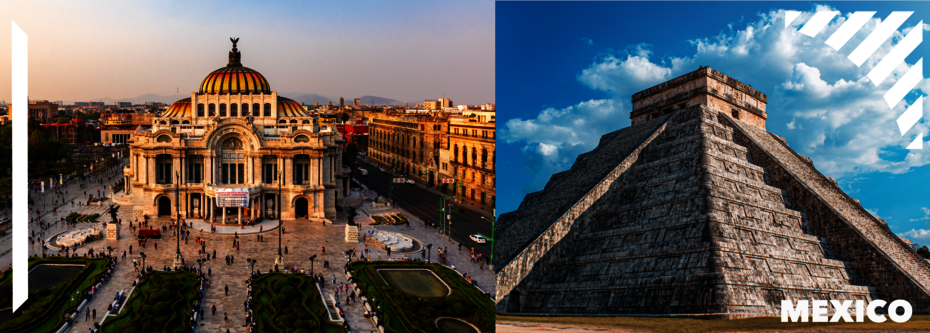Mexico has been a non-regional CABEI member since 1992 with an authorized stake of USD306.25 million in the Bank's share capital and capital contributions of USD76.56 million, ranking as the third largest shareholder within the group of non-regional members with 5.03%.
The contribution that Mexico channels to the Central American region through CABEI is based on various financial cooperation instruments with Banco Nacional de Comercio Exterior S.N.C. (Bancomext) for a total amount of USD520.8 million. The relationship between the Bank and this country was solidified in 2008 with the launching of the Central American Social Housing Development Program. It falls under the framework of the Mesoamerican Integration and Development Project (formerly Plan Puebla Panamá). Since that date, the Mexican government has made resources available to develop a sustainable market for long-term housing finance in the Central American region that addresses the housing deficit and future needs in this area. Throughout the Program's existence, 59 disbursements have been made through 14 intermediary institutions. In total, 192.7% of the initial financing available has been channeled, benefiting a total of 8,032 low- income households, which can now enjoy a more dignified home.
Progress in the preparation of the Electric Train project in Costa Rica

A project roadmap and outlook have been designed to ensure an environmentally and socially sustainable project.
San José, September 25, 2019.- A mission of the Central American Bank for Economic Integration (CABEI) held a working meeting involving the Electric Train project with the representatives of the Executing Unit of the Costa Rican Railways Institute (INCOFER) and of the company IDOM, which is responsible for carrying out the project's feasibility studies.
During the meeting, officials from the project formulation area, infrastructure and energy sector specialists, as well as the project supervision, credit, environmental, social and project financial structuring areas learned about its environmental and social progress.
The following steps established in the road map were also carried out based on the findings materialized to date through the different components of the feasibility studies that are progressing according to the timetable, which allows for the streamlining of the work.
Feasibility studies have been funded with non-reimbursable cooperation from CABEI at the request of the Government of Costa Rica.
In this regard, CABEI Country Manager for Costa Rica, Mauricio Chacón, stated that, “The Bank and its collaborators are committed to supporting the efforts that Costa Rica is making to have a first-class, efficient, safe and environmentally friendly passenger transportation system." He also added that, "By means of these work missions, we seek to highlight our commitment in support of the different project phases.”





